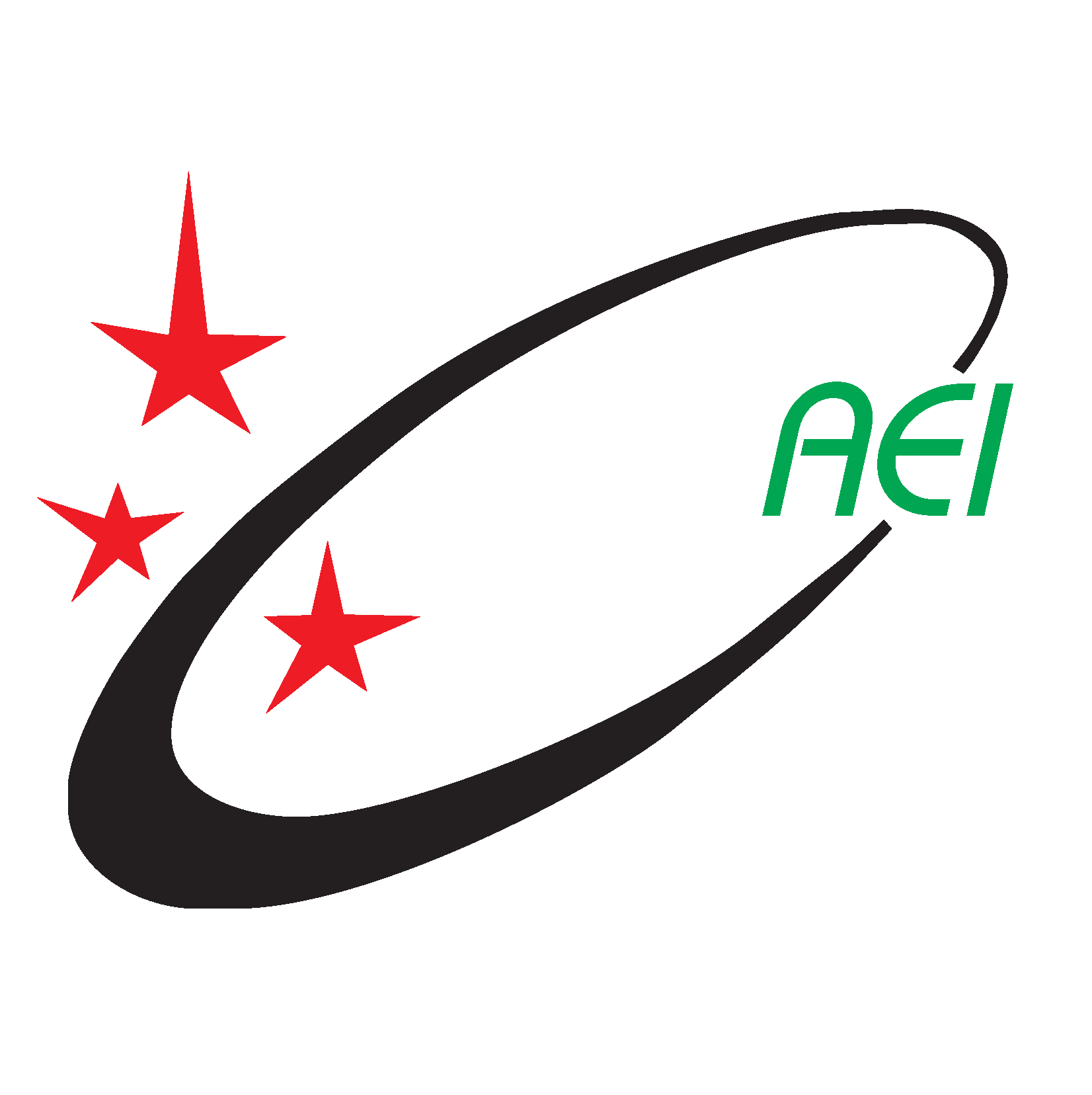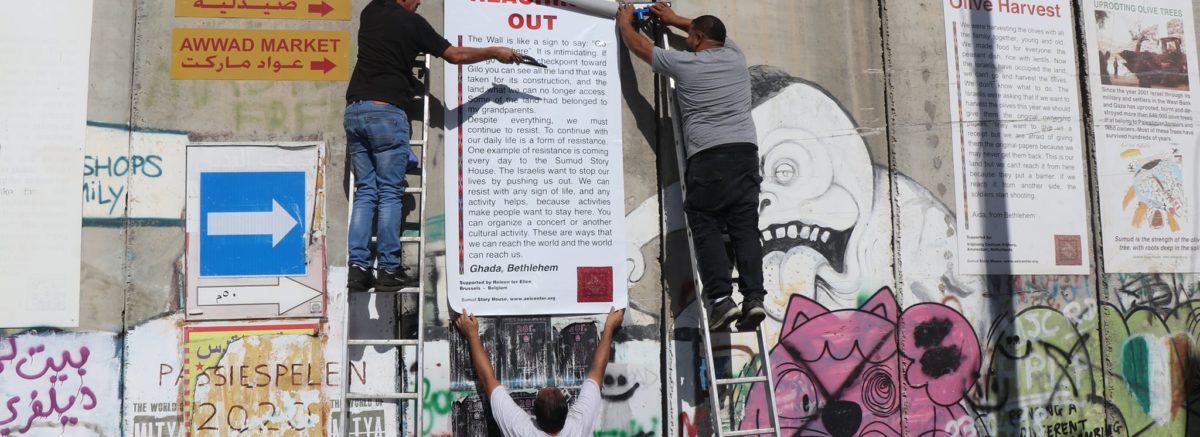The World Week for Peace in Palestine and Israel may be officially over for the year but for Fuad Giacaman, it continues week after week, one day at a time, every minute at the grassroots—as it has for decades.
As co-president and head of the Citizenship and Diversity Program at the Arab Educational Institute, a member of Pax Christi International, Giacaman promotes education, peace building and dialogue in the Palestinian cities of Bethlehem, Ramallah, and Hebron.
“We have three values in our teachings: faith, hope, and love—for God, for ourselves, for our neighbors and even for our adversaries,” he said. “We believe in active faith, active hope, and active love to God and to others—and we give a sense of sumud, which means continuous steadfast resilience.”
Rania Murra, director and head of the institute’s Women’s Program, described how she works with small groups—some now even smaller for safety during the COVID-19 pandemic—to impart that sense of sumud, which in her mind means “never give up.”
Acting for justice
During the World Week for Peace in Palestine and Israel, Murra worked with Christian and Muslim women and children as they participated in interfaith prayers, and created posters to display on the 10-meter high wall outside the institute’s offices.
That same wall, a separation barrier built by Israel between Bethlehem and Jerusalem under the pretext of Israeli security, has separated many families and communities from their relatives, lands, and holy places.
But an attitude of sumud doesn’t mean praising themselves or, as Giacaman said, “blowing their own trumpet.
“Sometimes,” he said, “the conflict is inside ourselves. I believe we need to put more emphasis on justice.”
Yet emphasizing justice, Murra reflected, sounds doable on paper, in a sermon or even in a prayer—but when it comes to working at a grassroots level day after day, this kind of work takes a unique kind of perseverance.
“We are crazy in a good way,” she said. “But this is what we believe in.”
Putting an emphasis on justice means taking action, she added. “Sometimes we say we don’t want to pray for peace, we need to work for just peace,” she said. “Some people will not understand how it is.”
Keeping their land
Both Giacaman and Murra said that, most of all, people in the communities in which they work want to keep living in the land that is theirs. “In some ways, with COVID, people around the world had to face what it means to be forbidden to move about, forbidden to go to work, forbidden to be free,” she said. “So in some ways, people experienced what it means to live under occupation—only people here have been living that way for more than 60 years.”
Murra prays that God will open the eyes of the leaders of both sides so they can work for a just peace, adding that, as COVID-19 travel restrictions have lessened tourism to Bethlehem and other sites, the entire region has been under even more economic hardship.
“I’m afraid that more Christians will be immigrating,” she said. “We pray that Christians will not leave the land, that our kids will inherit the love of the land—and not leave.”
Praying must go hand-in-hand with faith in action, said Giacaman. “I believe there is a difference between religiosity and faith,” he said. “In some ways, religiosity can be transformed through prayer into faith, and then be translated into faith with peace.”
Cooperation for one humanity
Giacaman believes faith without peace is dead. But he also believes that people need to meet with each other, face-to-face, to really experience faith as one humanity.
He wants more joint cooperation between global groups—such as the World Council of Churches—and grassroots efforts from organizations like the Arab Educational Institute.
“There are so many things we want to address,” he said. “We have interreligious materials integrated into our curriculum.”
But sometimes he feels like he’s steering the interreligious ship on his own. “We are people who work with the grassroots,” he said. “We have had it with the ivory tower dialogue. I haven’t seen enough people come down from the ivory tower to meet the grassroots institutions and share their mission.”
Simply put, Giacaman believes people need to genuinely support one another. “How can we be stronger together?” he asked. “We have to act locally and globally, not in a world of competition,” he said. “We face the same problem, and we can solve it with faith in action, hope, and love—for the sake of the next generations.”
This article was originally published on the World Council of Churches website.

